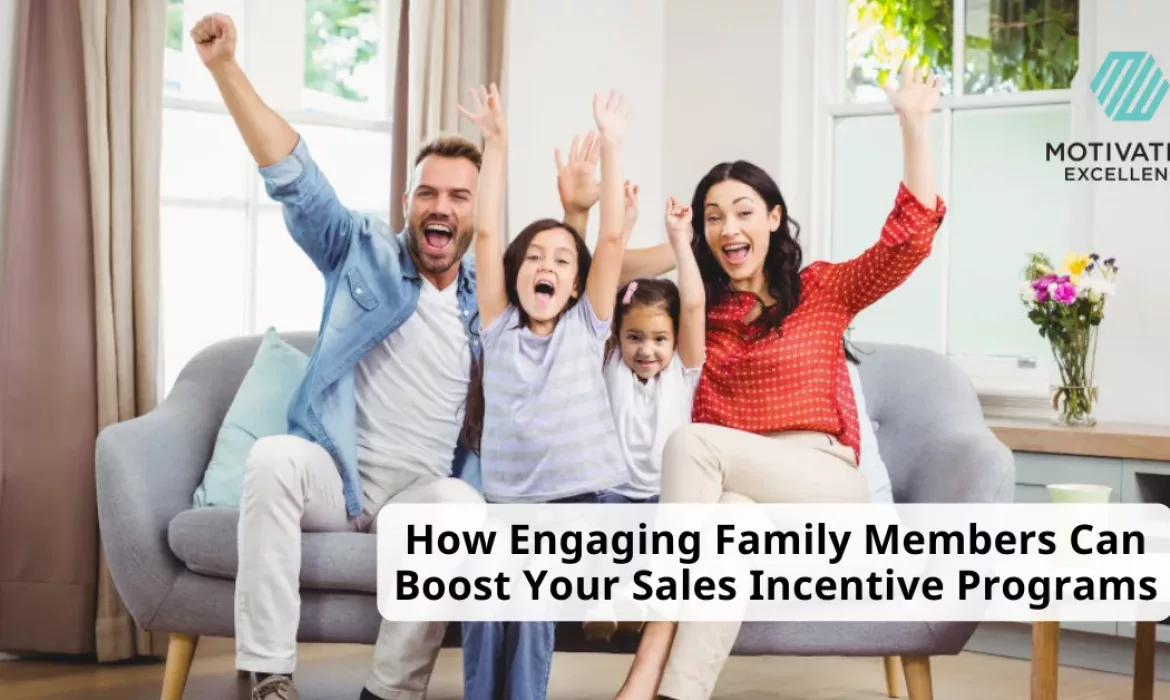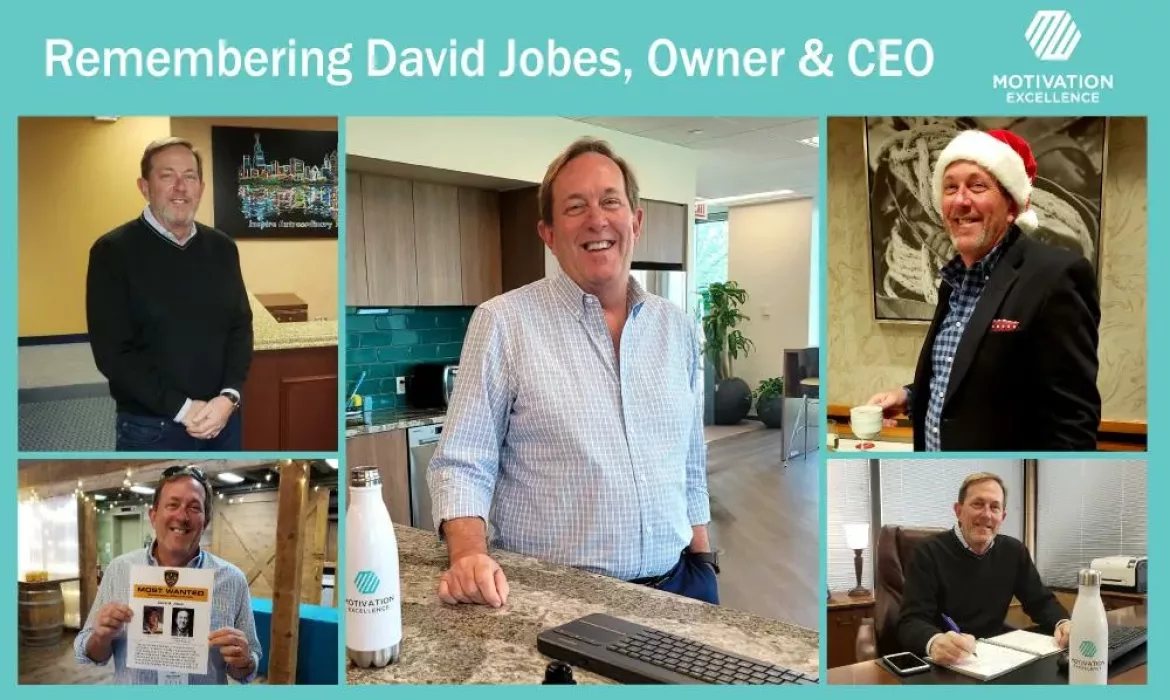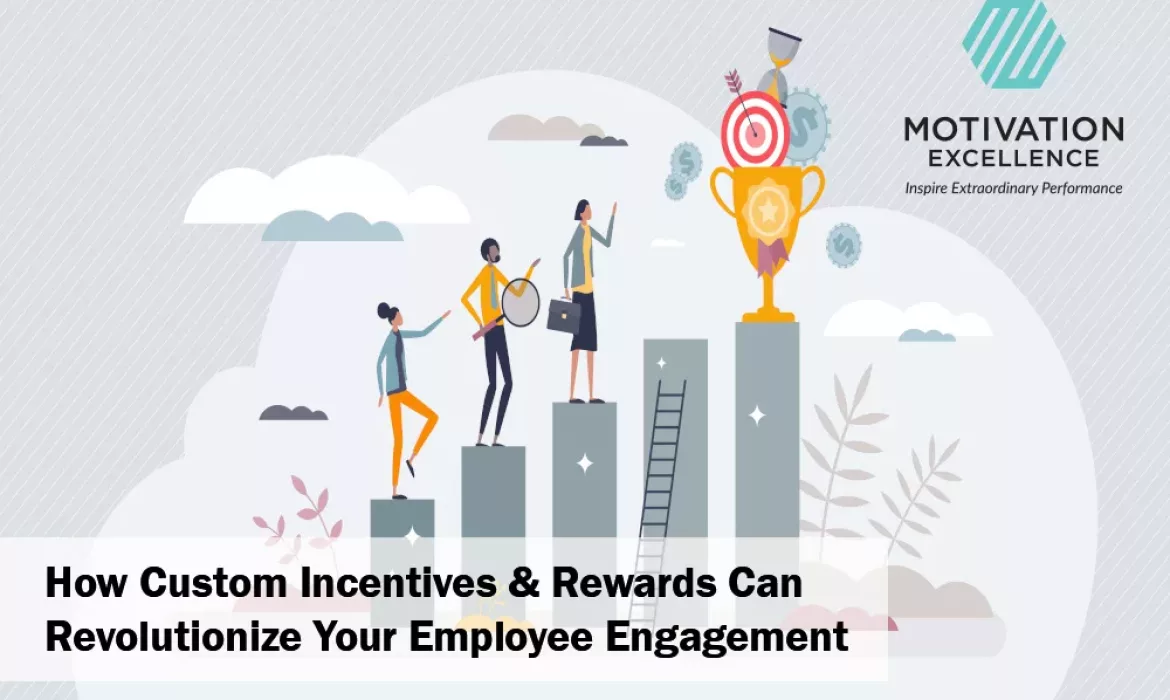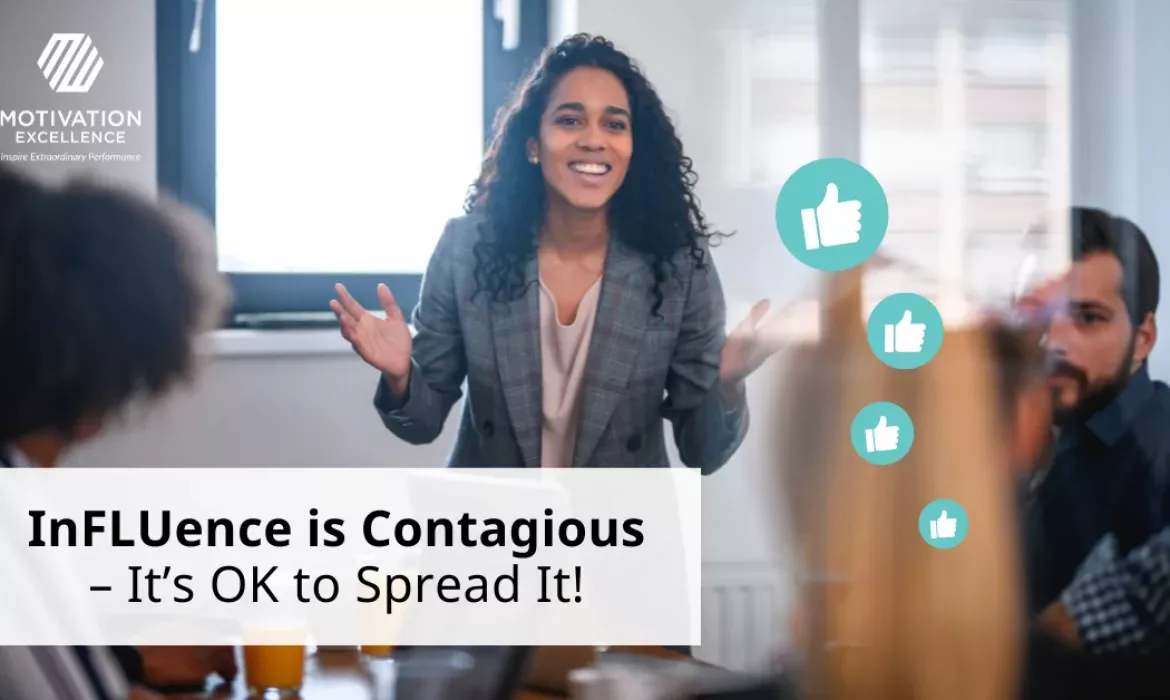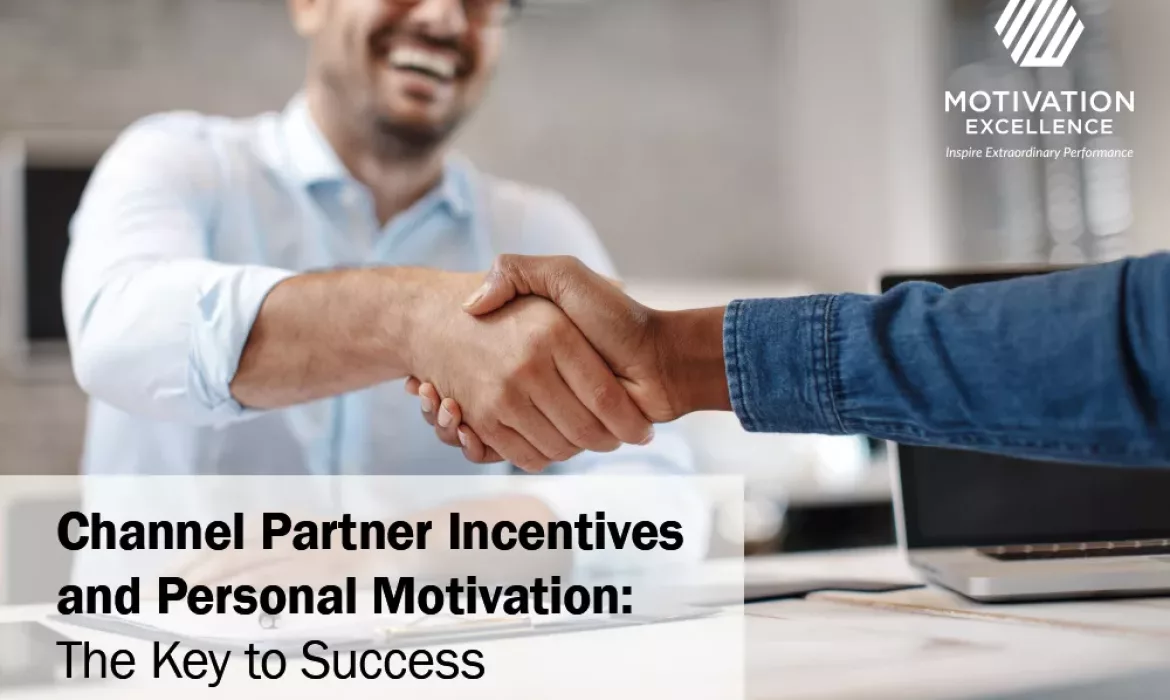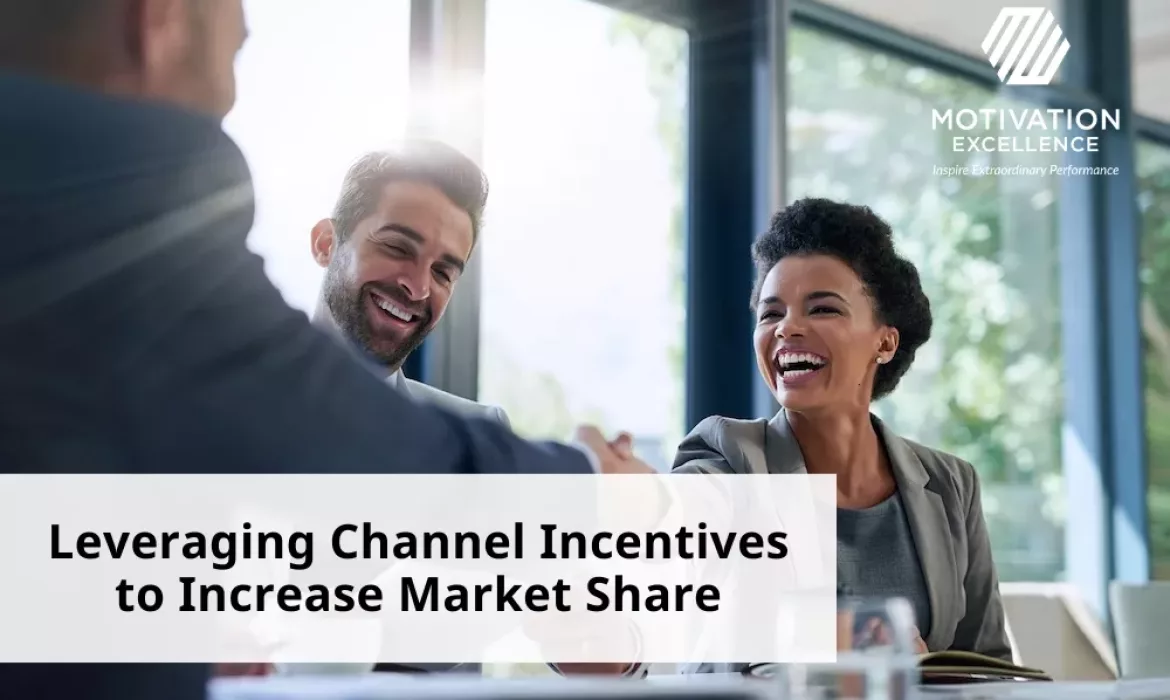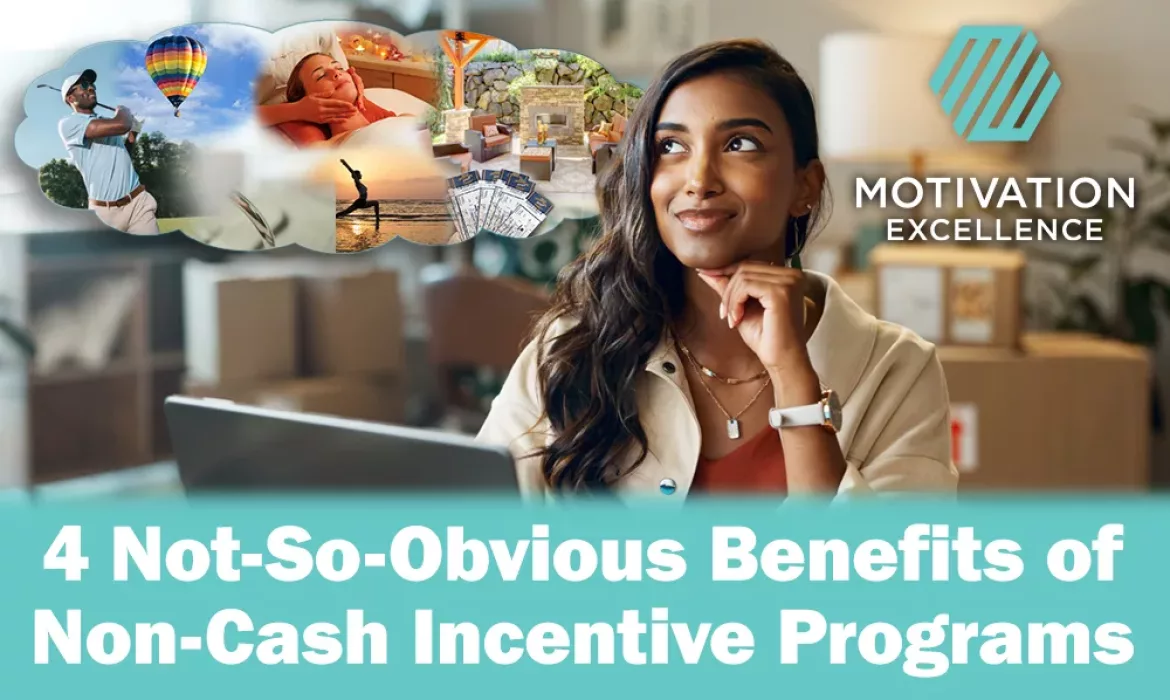Manage Risk to Maximize Your Possibilities
We live with risk, every day, in multiple ways. Many we know about, like, running with scissors, crossing the road without looking both ways, and eating too much sugar. We make choices to avoid potentially disastrous outcomes: holding the scissors in a safe manner while walking, using a traffic light to cross the street, and hopefully, quitting bad habits that can lead to poor health.
If you’re reading this blog, you’ve already led a life full of risk management, perhaps without knowing it. Maybe you’re ready to step it up a level so that in the end, you can feel more comfortable taking calculated risks that have tantalizing rewards tied to them.
Creating a Safety Net
Business leaders often have to think ahead to try and visualize all the outcomes in a given scenario. It’s when they don’t see a potential danger that things can spin out of control quickly. An unforeseen threat can lead to a loss in profits, personal injury, a tarnished brand or worse. Outside the business environment, we also look for potential hazards. That’s why we push kids to wear helmets while riding bikes and why most states made it a law to wear seatbelts in motor vehicles.
Investopedia.com has an article that lays out five well-known strategies for managing risk. They include:
- Avoidance – not participating in harmful activities
- Saying no to the hang-gliding adventure, or shady investment
- Retention – acknowledging the inevitability of certain risks and accepting the responsibility
- Assuming a deductible, or not insuring something at all because the cost to replace doesn’t warrant it
- Loss prevention & reduction – recognizing you can minimize, but not eliminate all risks
- Installing a camera doorbell, or putting a locking bar on your car’s steering wheel
California State University, Fullerton expounds on the management strategy of sharing or spreading risk in their write-up. To thin out a risk, like losing an important document, make sure to save it in multiple places so if a computer gets damaged or a filing cabinet gets soaked with water, the information has been spread, or shared, to another location. They also suggest looking at the likelihood and severity of risks as a way to determine how much effort, and money, is put toward potential management.
In the incentive market, business leaders might choose to use Motivation Excellence’s experienced team to lessen risks associated with planning and executing an incentive program for their channel partners or sales team. Hiring an expert in any field is a great way to mitigate potential risks in areas not familiar to your own team while maximizing return on investment.
Linking Risk and Reward
There are risks we simply want to avoid, and then there are ones that tempt us with the potential for greatness! Indeed, the beauty of a well-calculated risk is in the payoff if it succeeds. In fact, Skillcast.com writes that it’s important to recognize not all risks are negative. Sometimes taking a chance enables us to take advantage of an opportunity.
On top of a positive outcome, FloQast, a finance and accounting company, states employing risk management strategies can have other positive effects, like:
- Saving you money
- Improving quality of decision-making
- Increasing productivity
Consider the risk-reward ratio too. Is the potential reward worth the potential risk?
Taking the Smart Risk
There is more than one successful business owner who says the biggest risk you can take is to NOT take any risks at all. But of course, gambling blindly and going in with a well-thought-out strategy are wildly different. You could always get lucky with the former, but odds of success are higher over the long run with the latter. Keep these bullets in mind as you set out to manage risk in your life:
- Identify risks early
- Know what you can control
- Mitigate when possible
- Monitor and adjust as needed
And when you’re not playing with someone’s life savings or health and safety, perhaps risk-taking can be a double-edged sword of positive outcomes. If you succeed, you can lead others down the same path. If you fail, you can teach others from your mistakes. Here’s hoping all your risks pay off in the end!
How Engaging Family Members Can Boost Your Sales Incentive Programs
The companies we work with sincerely want engaged channel partners. It is one of the reasons they offer incentive programs for channel partners. But did you know that incentivizing channel partners doesn’t begin and end in the workplace? It also extends to family members.
One of the rarely talked about secrets of using incentive programs to boost channel partner engagement is getting family members involved. There are numerous ways to engage with family members. At the top of the list is to include them in incentive program communications. That way, they can get excited about the incentives as well. They can become cheerleaders at home.
Incentivize the Entire Family
Along the many incentive and reward programs we offer are personal rewards designed for individual channel partners. We can help your company design a package that uniquely fits your workforce. Personal reward options include things like:
- Dining experiences.
- Individual travel experiences.
- Tickets to concerts and sporting events.
- Music and book subscriptions.
Many of our reward options don’t just benefit the single channel partner. They benefit the entire family. One channel partner might take a spouse to the fanciest restaurant they have ever been to. Another might share tickets to the year’s hottest concert with every member of the family. It is not just the channel partner who winds up being incentivized; the entire family is incentivized.
At home, family members can cheer on the channel partner, encouraging them to be the best possible salesperson. And when the salesperson succeeds, the whole family gets rewarded. Talk about building excitement at home. Nothing else compares.
Involving Families in Incentive Engagement Pays Off in Multiple Ways
Involving families in channel partner engagement has a direct impact by encouraging family members to support their loved ones as they help them to be the best they can be. But there are indirect ways through which family member incentivization pays off. Let us look at a few:
- Financial Security – Modern families long for a sense of financial security. That being the case, some are unwilling to spend money on life’s little extras because they don’t want to jeopardize the budget. Providing those little extras through a channel partner incentive program enables families to enjoy some nice things while still being confident about their finances.
- Work-Life Balance – Work-life balance is an ongoing pursuit for salespeople of all ages. When personal rewards can be shared with family members, every experience becomes a step toward better balance. That makes for more close-knit families.
- Increased Engagement – Americans sincerely want what is best for their families. When they see family members benefiting from their own incentive programs, it makes them feel good. They are more engaged at work as a result. After all, they want to earn those rewards so they can share them with the family.
- Improved Emotional Wellness – Family members cheering one another on in pursuit of a shared goal find strength and unity in doing so. That can make for better emotional wellness, both at work and at home.
It is easy to look at channel partner programs as little more than a way to retain good business. Personalized rewards can do just that. But they can do so much more. One of the things we have learned here at Motivation Excellence is that engaging family members makes an incentive program much more effective.
If you would like to learn how to include family members in your channel partner engagement efforts, reach out to Motivation Excellence right away. We have all sorts of incentives and rewards that fit perfectly with the idea of getting family members involved.
Remembering David Jobes, Owner & CEO
This is a hard blog to write. The passing of David Jobes leaves a huge hole for us as his work family. Please follow this link to view the official company press release. Continue reading here to get the personal side of David’s impact on all of us at Motivation Excellence.
David was hired by our founder, Greg Lewis, seven years after the company started. In his 32 years here, he steadfastly rose to become an influential leader. He was the long-time President before buying the company in 2018.
Company culture was very important to David. Recognizing everyone’s contributions, hosting regular company gatherings, placing an emphasis on charity, supporting each other outside of work, and having a philosophy of autonomy all helped create a collaborative and respectful work environment. His door was open to anyone in the company who needed to chat on a personal or professional level. We truly do consider ourselves a family here at Motivation Excellence, and he paved the way for that.
When he built-out our headquarters he took great care to create a space that invited collaboration, creativity and social interaction. He hated cubicles. He was happiest on the days everyone was in the office, laughing and working together. He was also dedicated to being respectful of our natural resources. Much of our office space is made up of eco-friendly and vegan materials, from the ceiling tiles to the coasters.
Above all, David was committed to making sure our clients were being served with the most elevated level of standards. He was quick to provide resources to help exceed our clients’ expectations. He gave his leadership team the ability, trust and freedom to run their individual departments in the best way to accomplish this goal. He truly worked hard to Inspire Extraordinary Performance for our clients’ participants, as well as each of us.
We will surely miss his positive energy, passion for excellence and unwavering devotion to the Cubs. He was quick to laugh, share a smile or lend a helping hand both inside and outside work. He has inspired those of us who have worked with him and that’s why we know his legacy will continue to be strong within Motivation Excellence.
The Motivation Excellence Team Mourns the Loss of Leader David Jobes
The loss of David Jobes will be felt by all who worked alongside him at Motivation Excellence. As a leader in the performance improvement and incentive industry, David helped create an award-winning culture, as well as a competitive and long-standing company in a niche community. Motivation Excellence is 39 years old, with David being an integral part of it for the last 32 years.
David bought Motivation Excellence six years ago, after serving as long-time President. While leading the company he molded the culture of the business to reflect his values of respect, integrity, trust, exceeding expectations, charity, collaboration and environmental stewardship.
Award-Winning
David made it a goal to be an employer of choice when he purchased the company in 2018. Since that time, Motivation Excellence has been honored with six years of being named a Best and Brightest Companies to Work For® recipient, both locally and nationally.
He was thrilled when his team recently won back-to-back Society for Incentive Travel Excellence (SITE) Crystal Awards for outstanding travel programs too. He believed that when his people felt secure and valued, their clients ultimately benefited from it. Thinking like an owner and treating everyone with respect were hallmarks David preached to his team.
A New Work Environment
David moved the company’s Schaumburg, IL headquarters in 2020. The new building offered upgraded amenities and the ability to build out a dream work environment. He worked closely with his designer to create a collaborative, open workspace that included eco-friendly and vegan materials from the ceiling tiles to the coasters in the meeting rooms.
Expansion
At the end of 2021, David purchased VIKTOR Incentives & Meetings. The newly-merged companies quickly became one team with two locations. Under his leadership, everyone at Motivation Excellence exudes the work ethic and shared values to create programs that Inspire Extraordinary Performance.
Legacy
As the driving force behind constantly improving company culture and client experiences, he inspired those he worked with to be lifelong learners and strive for the next level in personal and professional growth areas. Under his direction, the company donated more than $100,000 to various charities, most of which were hand-selected by his employees. He was especially pleased to help support Ingage Unlimited, an international volunteer training organization that sends groups to impoverished locations throughout the world to provide training in the areas of education, healthcare, business and leadership development.
His team will continue David’s legacy through exemplary service to their clients, each other, and the community. The entire Motivation Excellence team sends their deepest sympathies to his family.
How Custom Incentives & Rewards Can Revolutionize Your Employee Engagement
Motivation Excellence specializes in developing and implementing employee rewards and incentive programs. A reward points program is a perfect fit for employees and can encompass recognition and achievements. The best part is that with our personalized rewards solution, the points can be used for almost anything! In recent years, we’ve noticed a greater focus on custom rewards within our client base. We have several ways to reward your best people in exactly the way they want to be rewarded. There’s no better incentive!
One Size Doesn’t Fit All
Being an employer of choice has always had a prominent place in workforce history, but since the pandemic, adding motivational benefits to an employee package is critical. We saw with the Great Resignation and Quiet Quitting, that engagement is key to keeping top talent. Having a reward and recognition, or incentive program, in play is a great way to increase engagement. The reward structure is paramount to a program’s success. Rewards shouldn’t be a one size fits all solution. When you offer a personalized reward to an employee the motivation to achieve the goal you want them to meet or exceed grows. If you haven’t started offering your employees the power to choose their own rewards, now is the time to start. The opportunity to earn a family vacation might be a winner for Sue, but Tom really wants to update his game room. With a reward point program through Motivation Excellence, Sue and Tom are both motivated to succeed because they can use their points on exactly what they want.
Recognition Is a Big Thing
Whether you want to run a reward and recognition program to highlight your employees’ milestones or an incentive program to motivate them to reach higher goals, with a well-designed program you’ll find eager participants. People want to be recognized for their accomplishments. They want their employers to notice and give value to their ideas, efforts, and loyalty. In fact, one survey among American workers revealed that 40% said they would likely put more energy into their work if they were recognized more often.
Employee recognition improves engagement. According to Gallup, companies with the highest level of employee engagement are 21% more profitable than those with the lowest levels. It comes down to a simple equation: recognition boosts engagement and engagement increases profitability.
All of this is well and good, but what does it have to do with customizing employee incentive programs? Giving people the ability to choose their reward experience is much more motivating than giving them a pin on their 20th anniversary or a gift card to the company store when they receive a great customer review. When an employee has some say in how they’re recognized, engagement flourishes and an emotional bond is established.
Applying Customization to Employee Incentives
There are many avenues to explore when it comes to personalizing employee incentives. Our online award offerings can be customized to include only certain items and categories, or you can keep the full gamut of thousands of options so employees can choose from trending electronics, sporting equipment, airline tickets and so much more! Some of our clients like to offer a select number of lifestyle upgrade packages. Each package is the same value, but focuses on a different theme, like culinary, fitness, travel and home entertainment. Our Concierge Shopping option allows point recipients to use their points nearly any way they can think of, including, vacation home rentals, college tuition for their child, lunch at a French castle…we’ve even purchased a cow at auction for a participant who wanted to give it to his granddaughter for a 4H project!
Having a choice in how they’re rewarded makes employees feel like they are true participants rather than just recipients of whatever reward their employers thought was best. And like everything else in the employment realm, making employees feel like an integral part of the success of your business also encourages them to take ownership of their role in it.
Customization works because what might be important to you will not be important to everyone else on your team. Customization avoids the temptation to offer the same incentive to every employee and expect all of them to embrace it with equal enthusiasm.
Customization Is Where It’s At
Don’t miss out on retaining top talent because they’re lured to another company with better incentives. Utilizing customization when it comes to retention is a great addition to any benefits package you have. We’d be happy to take a look at what you’re doing in that arena and see if one of our solutions would create more engagement for your team. Contact us today to design your employee engagement and rewards program.
InFLUence is Contagious – It’s OK to Spread It!
Nowadays, being an influencer is a bona fide job in the social media universe. But being influential doesn’t always have to involve selfies, shares and likes in the brick-and-mortar world. Great leaders know the difference between influence and authority, and between arrogance and celebrating their team. If you want to gain influence in any of your orbits, set your trajectory upward and bring others with you!
Gaining Influence
Successful leaders with influence have solid credibility. They’re accessible and confident. They’re infallibly ready to point out the wins and share their contagious passion. The best way to develop all those traits is to be very deliberate about it. To build influence, use materials that can weather storms, withstand shake-ups and yet be flexible enough to expand with you. (I feel like the “The Three Little Pigs” story could be handy here.) Indeed.com suggests 19 tips to get you started. They include:
- Build trust
- Stay humble
- Be competent
- Set up small wins for the team
- Help others find their voice
- Utilize active listening techniques
Indeed’s article says, ultimately, helping others achieve their goals is a hallmark of an influential leader. You’re a mentor, a sounding board and a cheerleader all at once! Emotional intelligence (understanding your own and others’ emotions) is key too, according to Business.com. A strong Emotional Quotient (your level of empathy, communication style, and self-awareness) only strengthens the equation.
Using Influence
The Center for Creative Leadership (CCL) shares that influence is the ability to affect the behavior of others in a particular direction using tactics that connect, inspire and involve them. Networking, and specifically intentional mingling, helps a person gain social capital, which is the currency used in the influence business.
The CCL also shares that it’s important to carefully select when and how to influence others. When the moment is right, their experts recommend a three-pronged approach using tactics that appeal to the head, heart and hands. A mixture of logic and emotion can go a long way in creating gusto for an idea, a team or a goal.
Going Viral
Being a great leader is one thing. Being an influential leader is stepping up the game. And you don’t have to have “manager” in your job description to be impactful in others’ lives. Being influential is about how you make people feel and react to your guidance, motivation and leadership abilities. If you find yourself contagious with passion and enthusiasm, don’t mask it! By all means, spread it far and wide. Those who catch it will not only continue to spread it but will also be thankful to you for getting it started. Just like great leaders create other leaders, those who influence create the next generation of enthusiasts. That’s what “going viral” means in today’s lexicon, whether online or in person. Good luck!
Channel Partner Incentives and Personal Motivation – The Hidden Link
At Motivation Excellence, we specialize in creating innovative channel partner incentive programs that motivate distributors, dealers, and other partners to excel. We understand the intrinsic link between channel partner incentives and personal motivation. This post delves into this connection, exploring how channel partner incentives can drive motivation using real-world case studies as examples.
Personal Motivation in Channel Partners
Personal motivation is crucial in the context of any incentive. It’s a special case with channel partners, who are external to your company, often owning businesses that sell your products, and perhaps your competitors’ products too. Understanding what drives them—whether it’s a sense of achievement, recognition, or personal/professional growth—is vital. Channel partner incentives are not just about bonuses or perks for past actions; they are about creating opportunities for partners to achieve and exceed shared goals now and into the future. These particular incentives are about loyalty and keeping your brand top of mind in their business.
Case Study: Success in the Fencing Industry
To illustrate the effectiveness of a well-designed channel incentive program, consider our case study in the fencing industry.
Business Issue
Our client needed to restructure and unify their approach to build stronger relationships with contractors, increase market share, and boost customer loyalty. They also aimed to provide educational resources, networking opportunities, and better access to company leadership.
Our Solution
We developed an interactive Buying Show weekend that combined a fun destination with top vendor partners, exclusive deals, and financing specials. The event featured learning and networking sessions and world-class entertainment. Funding came from qualifying contractors’ incremental sales and supplier contributions, and we supported the program with a performance tracking website, an engagement campaign, and best practices webinars led by company leadership.
Results
- Attendee Growth: The number of attendees grew by 226% over 12 years, with attendees comprising over 71% of the customer base.
- Sales Growth: Median sales growth reached 214%, the average growth was 230%, and the top 25% achieved a 263% average growth.
The Buying Show became a must-attend event, significantly enhancing business relationships and revenue, with the program continuing successfully since its inception in 2012. The personal motivation for these channel partners has become to always qualify for the next event, and for some, to move up the ranks within the attendee audience to capture top-performance awards.
Case Study: HVAC and Plumbing Distributor
Another example of success with a channel partner incentive program involves a nationally ranked and independently owned HVAC and plumbing distributor seeking to drive incremental sales and gain market share with a self-funded travel incentive for their loyal customers and preferred prospects.
Business Atmosphere
Following the slow recovery from a major economic downturn, our client aimed to energize their market presence. They sought an engaging and self-funded travel incentive to reward their loyal customers and attract preferred prospects.
Creating a Solution
Collaborating with our client’s financial and marketing teams, we analyzed historic sales data, gross profit, and growth potential to develop a meticulous goal-setting structure and tracking system. Participants earned credit for meeting personalized goals and additional credit for surpassing them.
Self-Funded Travel Reward
We designed a travel incentive program where customers and their sales representatives and managers within our client’s company could earn a travel award by achieving predetermined incremental sales growth. This approach ensured the program was self-funded. Including our own company representatives in the travel experience significantly strengthened business relationships.
Support for Success
We partnered with our client’s sales reps and managers to create compelling presentations for their customers and prospects. An online performance tracking platform enabled company reps and customers to monitor daily progress toward goals. Monthly electronic reports and updates fostered ongoing engagement between customers and the sales team.
Rewarding Results
The revenue and profit growth for enrolled participants consistently outperformed non-enrolled participants. Over five years, the number of travel award winners increased from 75 couples to 250 couples. This ongoing self-funded travel incentive program led to real growth, increased market share, enhanced customer loyalty, and stronger relationships between customers and the sales team. The personal motivation became the enduring emotional connections with our client’s people combined with the value of their products. The extra motivation came from aspirational travel destinations.
Self-Sustaining Motivation
Channel partner incentives can create self-sustaining motivation by helping partners realize their potential and rewarding them for incremental growth with aspirational and educational group events. This continuous cycle of achievement and motivation leads to long-term productivity and loyalty to your company.
By designing incentive programs that address personal motivators, companies can drive their channel partners to achieve remarkable results. A holistic approach ensures that partners feel valued and recognized, encouraging them to strive for excellence consistently. Your business grows along with theirs, for the win-win scenario.
Contact us today to design and implement your channel incentive program or other incentive and rewards programs.
Here at Motivation Excellence, we are all about innovative channel partner incentive programs designed to motivate distributors, resellers, and other partners to excel in their roles. Of course, there are other organizations that do the same things we do. We all have one thing in common: we understand the intrinsic link between channel partner incentives and personal motivation.
The link is a hidden one in the sense that many people do not know it exists. It is one thing to know that channel partner incentives can be motivational. It’s another thing to know why. That’s what we want to discuss in this post. It is all tied to something known as the Herzberg theory.
Understanding What Motivates Partners
Frederick Herzberg was a well-known psychologist who made his mark as one of the most influential people in the business management world. In the 1950s, he began looking into what motivated people in the workplace. His research eventually led to the development of a theory which was formally named the Motivator-Hygiene theory. We just call it the Herzberg theory for short.
In a nutshell, his theory suggests that people are motivated by different things that can be divided into two categories. The Motivator category involves internal things like satisfaction, recognition, and the sense of achievement. The Hygiene category involves external things like salary, bonus pay, company policies, and supervision.
Herzberg theorized that the short-term gains realized through external motivators were lost once those motivators were taken away. Likewise, supporting internal motivators with external counterparts enhances productivity. Therein lies the link.
The two types of motivators feed off one another. Promoting one while ignoring the other does not achieve the best possible results. So when it comes to creating truly successful channel partner incentive programs, the key is to find the right balance between them.
The Idea of Personal Motivation
Going beyond the Herzberg theory leads us to the idea of personal motivation. What motivates an individual to be the best they can be? Is it a sense of achievement? Is it merely an intrinsic desire to always be the best? The actual trigger for any one person is less important than actually coming up with the channel partner incentives most likely to trigger partners to take action.
Channel partner incentive programs give partners a reason to explore their own personal motivations. But it needs to be understood that a bonus or perk is not the same thing as a channel partner incentive. Bonuses and perks are one-time motivators offered in response to past actions. Channel partner incentives are an invitation to do better both now and in the future.
Channel partner incentive programs place a reward in front, where partners can clearly see it. As partners work to receive that reward, they come to realize just what they are capable of. They take a sense of pride and satisfaction in their own accomplishments even as they seek to win the proverbial prize.
Incentives Can Be Self-Sustaining
Channel partner incentives can be self-sustaining in the sense that they train partners in the fundamental truth that they can be better at what they do. As partners accomplish goals and understand their own capabilities, they personally motivate themselves to stretch further. The more they accomplish, the more they want to accomplish in the future.
Leveraging Channel Incentives to Increase Market Share
Here at Motivation Excellence, employee incentive and rewards programs are a big part of what we do. But they are not all we do. We engage with organizations to create a variety of incentive programs, including sales incentive programs and channel incentives.
We help organizations leverage channel incentives to increase market share. Incentive programs are a terrific way to motivate channel partners. Incentives can run the gamut from travel experiences to merchandise rebates and certain types of non-cash rewards. The key is to figure out what makes channel partners tick so that you can create an incentive program uniquely tailored to each one.
Channel Incentive Basics
The foundation of this entire discussion is an organization’s channel partners. Channel partners are distributors, retailers, resellers, etc. Virtually every entity involved in the sales chain is considered a channel partner. Some industries have longer chains than others. Nevertheless, unless an organization is selling directly to end customers with no operators in between, there are channel partners involved.
Increasing market share from a channel partner perspective is all about encouraging those partners to prioritize your organization’s products or services. You want your organization to be given priority over the competition. But channel partners need a reason to do so. That is where channel incentives come in.
A channel incentive provides the reason for selling a bit harder. The right incentive can encourage partners to increase their focus and efforts on what your company offers. It can motivate them to work on market penetration to establish residual sales.
Expanding to New Markets
Market penetration is a big issue among organizations looking to increase their share. Greater penetration leads to new markets, and new markets boost both share and revenues. How do channel incentives play into such market expansion?
Imagine using a channel incentive program to encourage partners to go after previously untapped markets. They only receive the benefit if they manage to penetrate those markets. An incentive gives them the reason to put in the time and effort.
There is an added bonus in this regard: expanding into previously untapped markets requires that channel partners have an appropriate level of expertise about your products and services. If partners want the incentive badly enough, they will make the effort to learn everything they can about your organization.
Ultimately, you should be left with channel partners that know your products and services inside and out. They can represent your organization as they work to expand your reach. Everybody wins as a result: your organization, your partners, and end customers.
Fostering Loyalty and Commitment
There is a downside to leveraging channel incentives as a way of increasing market share: potentially crafting a program that emphasizes numbers more than anything else. When the only goal of increased market share is a higher number, whether it is sales volume or total revenues, it doesn’t take long for the luster to wear off. Numbers are just that. They are numbers that channel partners can grow used to and ultimately ignore.
An ideal channel incentive goes beyond mere numbers to foster loyalty and commitment. A good program engages with partners as much as customers. It encourages partners to take an active interest in promoting your organization’s growth and prosperity. When your organization grows and prospers, so do your channel partners. You want them to own that.
Channel incentive programs can be powerful tools for increasing market share. If you would like to know more about how Motivation Excellence can be involved in designing and implementing incentives for your channel partners, reach out at your earliest convenience. Let us create an incentive program like no other.
Cultural Awareness, Competence and Intelligence – Which Do You Have?
When we speak about culture in a business setting, we are often referring to the general vibe of the company. It may be comprised of its goals, mission and vision statements, employee interactions and added non-cash company benefits, like charity days, and reward and recognition programs.
Cultural awareness, however, is a different topic altogether. Having cultural awareness, or going deeper to cultural competency or intelligence, adds to the company culture, but it’s an independent, and important, key to a successful business. The website Seek details many ways in which recognizing and utilizing cultural differences can help a company. These include:
- Striving for nuanced but clear communication
- Refining ideas around conflict resolution
- Boosting productivity and innovation with new perspectives
- Understanding when/why employees feel included and respected
If your business deals internationally, having a strong grip on cultural details is obviously extremely important. As with most things, there are levels of understanding we can strive to achieve. We will lay them out for you to gauge where you land.
Awareness – The Foot in the Door
According to EasyLlama.com culture is the collective term used to identify the customs, social behavior, and ideas of a particular people or society. Think of culture like a recipe with ingredients such as:
- Traditions
- Language
- Nationality
- Beliefs
- Community connections
- Personal identity
- Food
- Arts
Being culturally aware is the base level of understanding. You recognize your coworker or neighbor grew up with a different background that influences their current lifestyle, choices and actions. Furthermore, Georgetown University points out that cultural awareness also reflects how you react to people of other cultures when they are very different from your own.
Competency – Joining the Conversation
Like awareness, cultural competency refers to the recognition of and reaction to different cultures within your sphere and then adds in the ability to function and interact with people of different backgrounds. Diversity Atlas states that to be competent you need to be aware of your own assumptions as you interact with people. Companies that are considered culturally competent have policies that consider culture-based differences in every aspect of work. For us at Motivation Excellence, we work with people all over the world as part of our incentive group travel programs. Knowing the nuances of how people work in Thailand, versus Greece, versus Hawaii helps us pave the way for a more enjoyable travel experience for our clients.
Being culturally competent can be displayed right in the office too. Do you think about what kinds of food people don’t, won’t or can’t eat because of their upbringing, dietary needs or personal preferences? Does your office recognize holidays other than the national holidays celebrated in the United States? Your very own people can be the best source of suggestions and information when it comes to highlighting various cultures in the office – just ask around!
Intelligence – Being Part of the Solution
Shown in short as CQ, cultural intelligence is especially important for companies working in a global atmosphere. Diversity Atlas says companies with CQ are sensitive to different ways of thinking and problem solving which improves work innovation. CQ requires flexibility and adaptability and relies heavily on emotional and social intelligence.
CQ is particularly important for governments, public sector businesses and non-profit organizations. It’s a great skill set for managers to have in any business that is hiring from a diverse talent pool. According to PennState Extension, having high CQ gives leaders the ability to interpret someone’s behavior in the same way that a person’s friends or family would. In return, if an employee feels like their manager understands and respects their culture, they’re more likely to trust the manager and the company. That contentment leads to lower turnover and higher productivity.
If you’re interested in learning more about developing CQ, MindTools.com delves into the four traits high CQ people exhibit:
- A drive to learn about other cultures
- Knowledge of how cultures influence behaviors
- Strategies to respond to cultural differences
- Acting in culturally sensitive ways
Level Up
No matter where you are on the stairs of cultural understanding, there’s always room to move up. According to the UN, three-quarters of the world’s major conflicts include a cultural dimension. You may not be solving an equation for world peace in your own life, but having a better grasp of how backgrounds influence thought processes and reactions is a great skill to nurture.
Every year, May 21st is the World Day for Cultural Diversity, also known as Diversity Day. You can click on the link to learn more about it and how you can celebrate it in your own home or workplace. Our world cultures are becoming increasingly intertwined. Those who are interested in learning from and interacting with people from different backgrounds will always be the ones moving forward faster. It’s not always easy, but the most rewarding things rarely are.
4 Not-So-Obvious Benefits of Non-Cash Incentive Programs
Organizations are used to offering cash incentives as a way to motivate employees and contractors. Motivating the sales team with cash bonuses is a classic example. We take a different approach at Motivation Excellence. We prefer non-cash incentive programs such as personalized rewards for employees or travel incentives. We believe they can ultimately accomplish more than their cash alternatives.
The sky is truly the limit when it comes to coming up with non-cash incentives. We are big fans of travel experiences. But non-cash incentive programs can also reward employees and contractors with event tickets, merchandise, and points that can be redeemed for a variety of experiences.
Does your organization offer any non-cash incentive programs? If not, we encourage you to take a second look at how you incentivize your team. Below are four not-so-obvious benefits of going the non-cash route.
1. Adding Value to the Incentive
We prefer non-cash incentives because we believe they boost loyalty and increase the emotional connection between team members and employers. We see this happening in multiple ways, beginning with the concept of adding value to an incentive program.
Cash is valuable to employees. That much is true. But employees do not tend to think of the value of cash from the employer’s perspective. Cash compensation is just expected. Therefore, it can be easily taken for granted.
Non-cash incentives are different. Employees tend to attach more value to them. For example, offer your team 4–5-star travel experiences and they will associate those experiences with a higher value – even if they actually cost less than offering team members cash bonuses. It is the highly personal nature of travel that leads to the higher perception of value.
2. Creating an Emotional Bond
Non-cash rewards, like personalized gifts and tickets to popular events, are considered more thoughtful. It takes a lot more thought and effort to procure event tickets than it does to throw a few hundred dollars into a team member’s paycheck. That extra time and effort tells employees that they matter.
When employees feel valued, they are more likely to develop a positive emotional bond with their employers. The more personal an incentive program feels, the more successful it will be in its ability to incentivize. But more importantly, it will foster a stronger emotional bond.
3. Creating Camaraderie Rather Than Competition
With all our experience in non-cash incentive programs, we have discovered something curious: non-cash incentives are more likely to inspire camaraderie among team members. Take travel experiences once again. An entire team sharing similar travel experiences – even if they do not travel at the same time – have something in common. They bond over the shared experience.
On the other hand, cash incentives tend to foster competition. This is not necessarily a bad thing in and of itself. But sometimes, you want camaraderie rather than competition. Sometimes it is better for team members to want everyone to benefit from an incentive program rather than individuals competing for a single prize.
4. Better Alignment With Company Culture
Last but not least, non-cash incentive programs can be tailored to align with company culture. But that’s not all. Organizations can utilize non-cash benefits to change or enhance the company culture. This makes them a great tool for creating the kind of environment and culture an organization strives for.
Cash benefits do have a place at the table. But more often than not, non-cash incentive programs are where it’s at. They not only incentivize and inspire, but they also help increase loyalty and foster an emotional connection between team member and company. Non-cash incentive programs are definitely worth a solid look if your organization doesn’t currently use them. Contact us today to design your incentive and rewards program with us.

